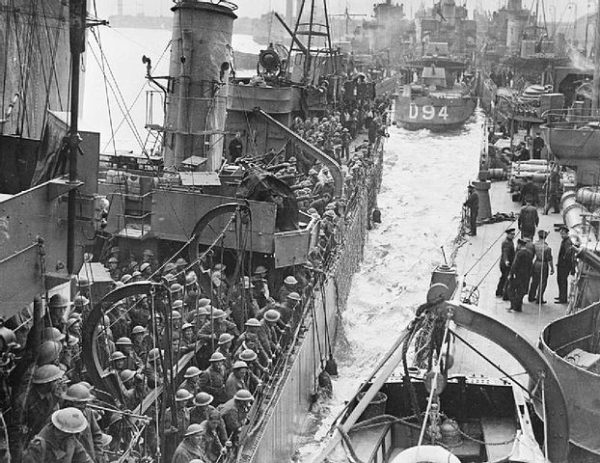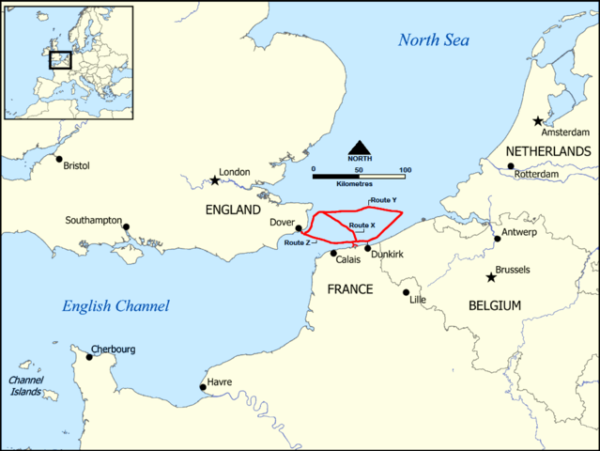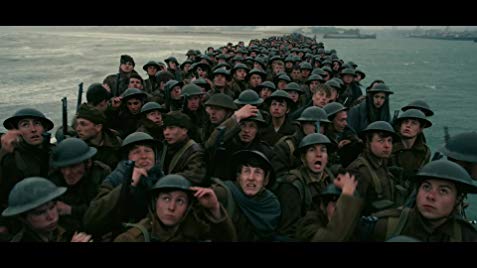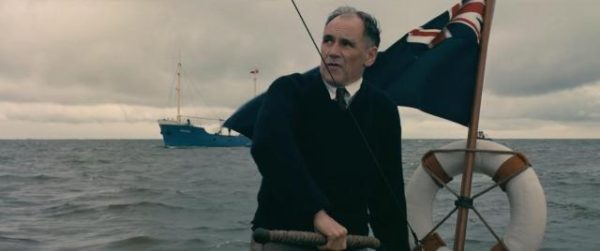Disaster was barely averted when Britain evacuated some 300,000 British, French and Belgium troops trapped in the French port of Dunkirk in the spring of 1940. Britain’s prime minister, Winston Churchill, hailed the evacuation as a “miracle.”

Germany, having recently conquered France in a blitzkrieg, could have picked them off on the beaches of Dunkirk. Yet strangely enough, the Germans failed to pursue them aggressively.
Christopher Nolan’s spare and gripping feature film, Dunkirk, which is now available on the Netflix streaming network, gives viewers a glimpse of the odds that were stacked against the Allies from May 26 to June 4 during that fateful operation in the second year of World War II.

The movie, starring a cast of British actors, unfolds with a minimum of dialog. The emphasis is on action, of which there is plenty.
In the first scene, leaflets rain down from German aircraft urging Allied troops to surrender. In fact, they are lined up single-file on the beach, like toy soldiers, waiting to board ships that will take them to safety in Britain. German planes zoom in, wreaking death and destruction. Amid the bloodshed, two stretcher-bearers carry the wounded to a ship.

High up in the clouds, a British pilot downs a German plane in a swirling dogfight.
German planes launch another attack, hitting a vessel emblazoned with the Red Cross emblem. As the ship sinks, soldiers dive into the water. Meanwhile, soldiers trapped in the hold of a sinking ship struggle to save themselves.
“There’s no hiding from this,” says one of the central characters, the civilian skipper of a private British pleasure boat en route to France to help in the evacuation. Hundreds of such vessels are heading in the same direction, intent on contributing to the war effort.

Back on the beach, British troops watch a a lone soldier wade into the surf in what appears to be a suicide.
A British pilot whose plane has been shot down struggles to leave his cockpit as it fills up with water.
Amid these trials and tribulations, a German airplane crashes into the sea, sending sheets of flames toward terrified soldiers.
These taut scenes play out in sober fashion, and Nolan never attempts to be overly dramatic or sensational.
Since Dunkirk is told from a strictly British point of view, German pilots and soldiers are nowhere to be seen or heard. This glaring omission might be regarded as a flaw, but the film works without the German presence.